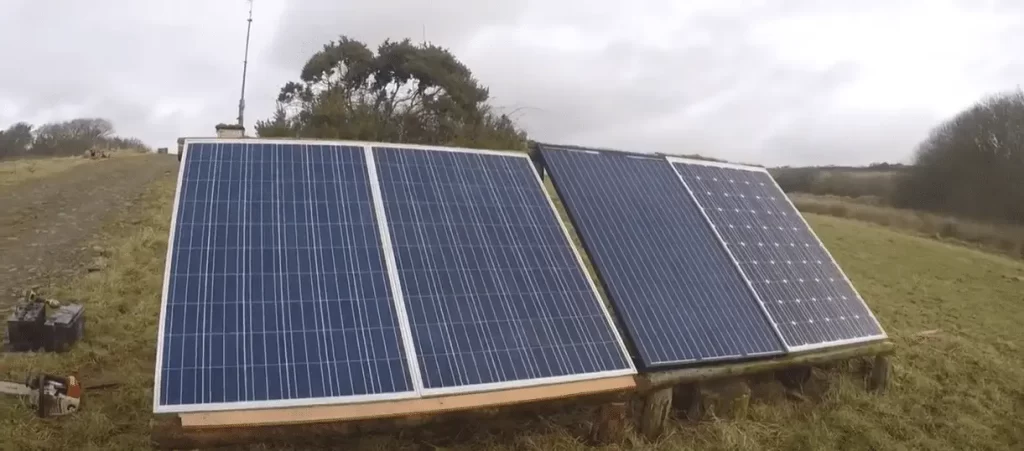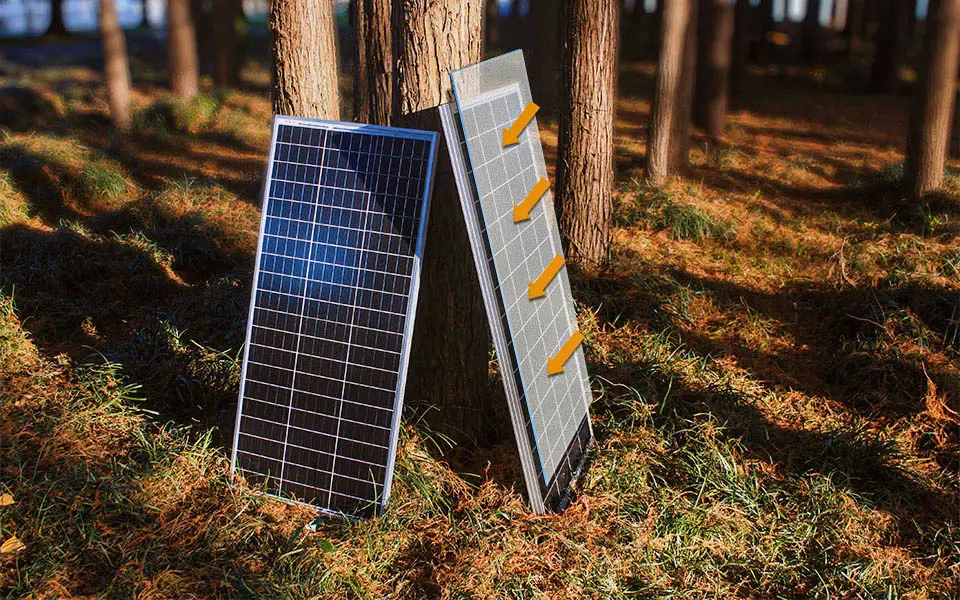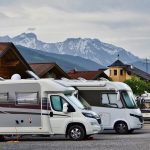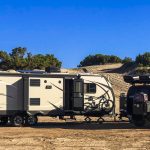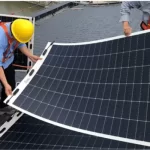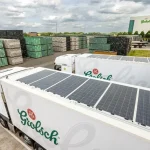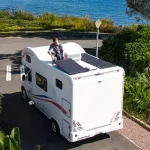As more households and businesses embrace solar energy for its sustainability and cost-effectiveness, the market for solar panels has seen rapid growth. One of the most popular choices for solar panel systems is the 1000 watt solar panel . Whether you’re looking for a small solar power system for an RV, a backup power solution, or simply a reliable way to reduce your energy bill, understanding how a 1000W solar setup works and what you need for installation is crucial.
In this comprehensive guide, we’ll cover everything you need to know about 1000 watt solar panels, including their components, benefits, limitations, and how to determine if this system is right for you. By the end of this article, you’ll be equipped with the knowledge to make an informed decision about your solar energy investment.
What Is a 1000 Watt Solar Panel System and How Does It Work?
A 1000 watt solar panel system refers to the total output of solar panels connected together to generate 1000 watts (or 1 kW) of power under optimal sunlight conditions. Since solar panels for sale rarely exceed 400 watts per individual panel, achieving 1000 watts requires connecting multiple panels in a series or parallel arrangement. Typically, you’ll need either 5 panels of 200 watts each or 10 panels of 100 watts each to reach the desired output.
This configuration is popular for off-grid small solar power systems and other applications where space is limited, such as RVs, boats, or even balcony setups. The power generated can be stored in batteries or used immediately, depending on your needs and the system’s setup.
What Are the Advantages and Disadvantages of a 1000 Watt Solar Panel System?
Advantages:
Cost-Effective and Compact:
Compared to larger systems, the 1000 watt solar panel system is relatively affordable and takes up less space, making it ideal for smaller installations like RVs or homes with limited roof space.
Portable and Versatile:
The system is easily adaptable for different environments, such as remote cabins, off-grid homes, or mobile applications. If you’re seeking portable solar panels, a 1000W setup provides the power you need while remaining portable.
Ease of Installation:
For those looking to DIY solar panel kits, this size system is manageable. Most solar power panel kits come with easy-to-follow instructions and can be installed by beginners, making it perfect for first-time solar users.
Suitable for Off-Grid Applications:
The 1000W system is powerful enough to run lights, small appliances, and charge batteries, making it an excellent choice for off-grid power needs, such as in remote locations or for camping trips.
Disadvantages:
Limited Power Output:While 1000 watts is adequate for smaller applications, it may not be sufficient for larger homes or businesses. For more energy-intensive needs, a larger system is required.
Higher Component Costs:Although the 1000 watt solar panel itself is relatively inexpensive, additional equipment, such as an inverter, charge controller, and batteries, may be costly. These additional components can significantly impact the overall cost-effectiveness of a 1000W system.
How Many Solar Panels Do You Need for a 1000W Solar System?
To build a 1000 watt solar panel system, you need to connect multiple panels together. The most common configurations are:
5 panels of 200W each – This is a popular choice for those with limited roof space or smaller energy requirements.
10 panels of 100W each – This option is suitable for larger setups or areas where more space is available.
When buying solar panels for sale, it’s important to verify the wattage per panel to calculate how many you’ll need for your specific energy needs.
What Are the Best Configurations for a 1000 Watt Solar Panel System?
When choosing a 1000 watt solar panel kit, configuration depends on the available space and your specific needs. Here’s a quick breakdown of the common setups:
Fixed Rooftop Installations:
If you have a larger roof area, you can opt for a configuration of 10 panels of 100W each or 5 panels of 200W. This configuration is often used in homes, cabins, or large off-grid applications.
Portable Solar Solutions:
For applications where mobility is key—such as cmpower walking solar panels or other portable setups—having a lightweight, foldable solar panel 1000 configuration can be more practical. These portable solar panels often come in kits that are easy to transport and deploy, ideal for campers or remote workers.
Rooftop or Ground Mounting:
If you’re looking to install a system that’s more permanent, mounting the panels on the roof or on the ground can be effective. Roof-mounted systems are usually more cost-effective and can harness more sunlight than other configurations.
How Do You Calculate If a 1000W Solar System Will Work for Your Needs?
Before investing in a 1000 watt solar panel system, it’s essential to assess whether it will meet your energy requirements. There are several factors to consider, such as your energy consumption, the amount of sunlight your location receives, and the efficiency of the panels. By calculating these factors, you can determine if a 1000W system is right for your needs or if you need to scale up your setup.
Here’s a detailed breakdown of the calculations you need to make:
Key Factors to Consider:
Energy Consumption: How much energy do you use on a daily basis (in watt-hours)?
Peak Sunlight Hours: How many hours of sunlight does your location receive per day on average?
Solar Panel Efficiency: The efficiency of your 1000 watt solar panels, which can affect how much energy they generate.
Battery Storage (Optional): If you plan to store energy for later use, battery storage capacity will affect your system’s performance.
To simplify these calculations, let’s use the table below:
| Calculation Factor | Explanation | Example |
|---|---|---|
| Daily Energy Consumption | Total energy your household or application uses per day (in watt-hours). | 3000Wh (for an average household) |
| Solar Panel Output | Total output of your 1000W solar panel system (in watt-hours per day). Assume 5 hours of peak sunlight per day. | 1000W x 5 hours = 5000Wh/day |
| Solar Efficiency | Efficiency of your panels, typically around 85-90% (this can vary by brand and model). | 85% efficiency → 5000Wh/day * 85% = 4250Wh |
| Total Energy Output | The actual amount of energy your 1000W solar system can generate in a day, considering solar efficiency. | 4250Wh/day |
| Required Energy Output | How much energy you need daily. This depends on your total energy consumption. | 3000Wh/day (as in the example above) |
| Surplus or Deficit | The difference between your system’s output and your energy needs. If surplus, your system overperforms; if deficit, you need more capacity. | 4250Wh – 3000Wh = 1250Wh (surplus) |
| Battery Storage (Optional) | If you’re using a battery, ensure it can store the surplus energy for use during cloudy days or at night. | Battery capacity should match surplus |
Can You Build a DIY 1000W Solar System?
Building a DIY solar power panel kit for a 1000 watt solar panel system is an achievable project for most beginners, especially those looking to cut installation costs. The components you’ll need for a DIY solar system include:
Solar Panels (5x 200W or 10x 100W)
Solar Batteries (for storing excess energy)
Solar Charge Controller (to manage power flow)
Inverter (to convert DC power to AC for household use)
With the proper equipment and basic electrical knowledge, assembling a small solar power system can be a rewarding project that saves you money in the long term.
Final Thoughts on Choosing a 1000 Watt Solar Panel
In conclusion, the 1000 watt solar panel system is an excellent choice for those with small to medium energy needs, especially for off-grid applications or backup power solutions. While it might not power an entire home, it’s a perfect fit for an RV, a small cabin, or any energy-efficient setup.
Before purchasing a solar power panel kit, take the time to calculate your energy needs, review your available space, and evaluate your local sunlight conditions. If you’re new to solar energy, consider starting with a 1000 watt solar panel system to get a feel for how solar power works before expanding your system in the future.
If you’re ready to invest in a 1000 watt solar panel system, we recommend checking out our range of solar panels for sale to find the perfect solution for your needs. Don’t hesitate to contact us for more information or personalized recommendations!


